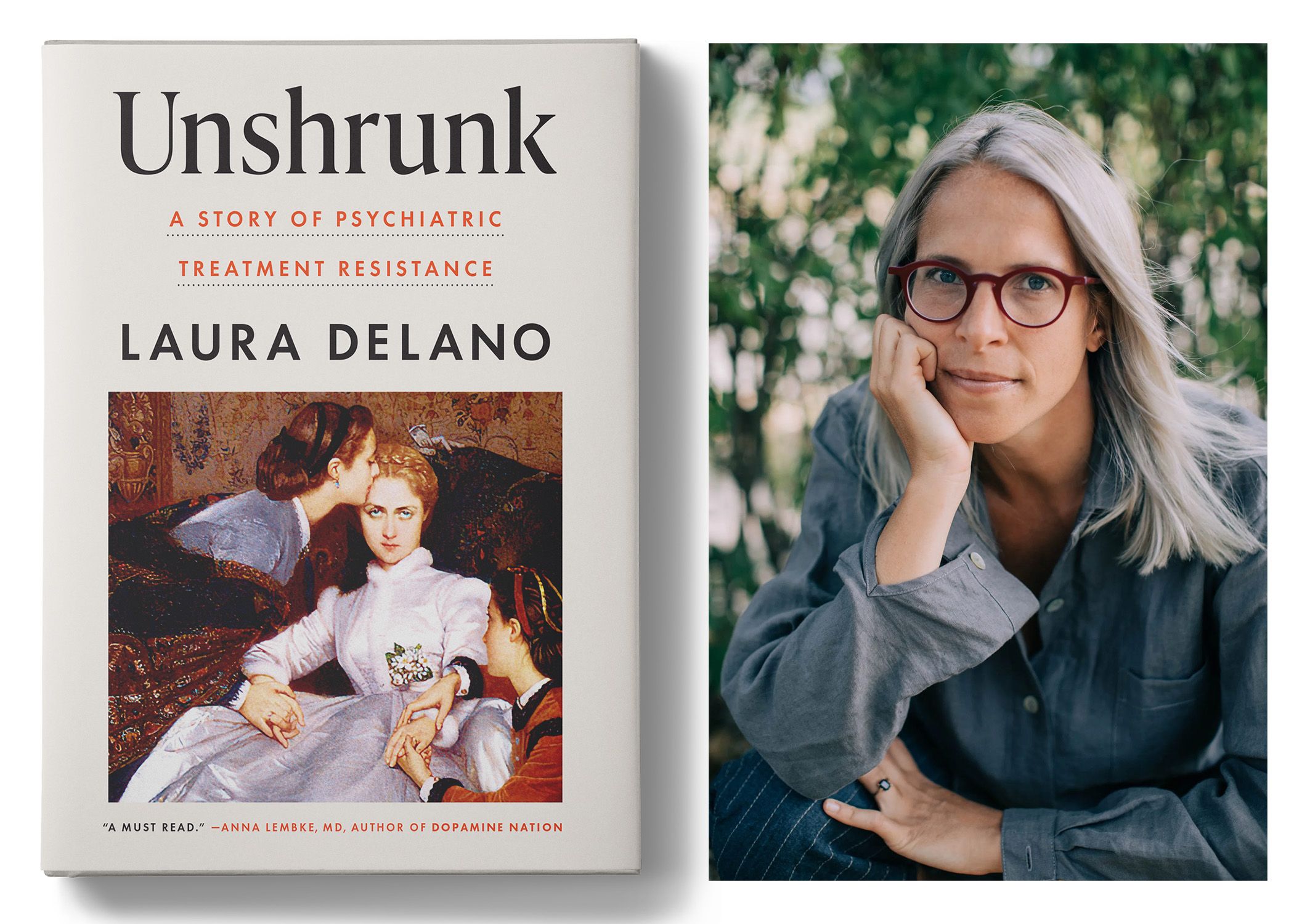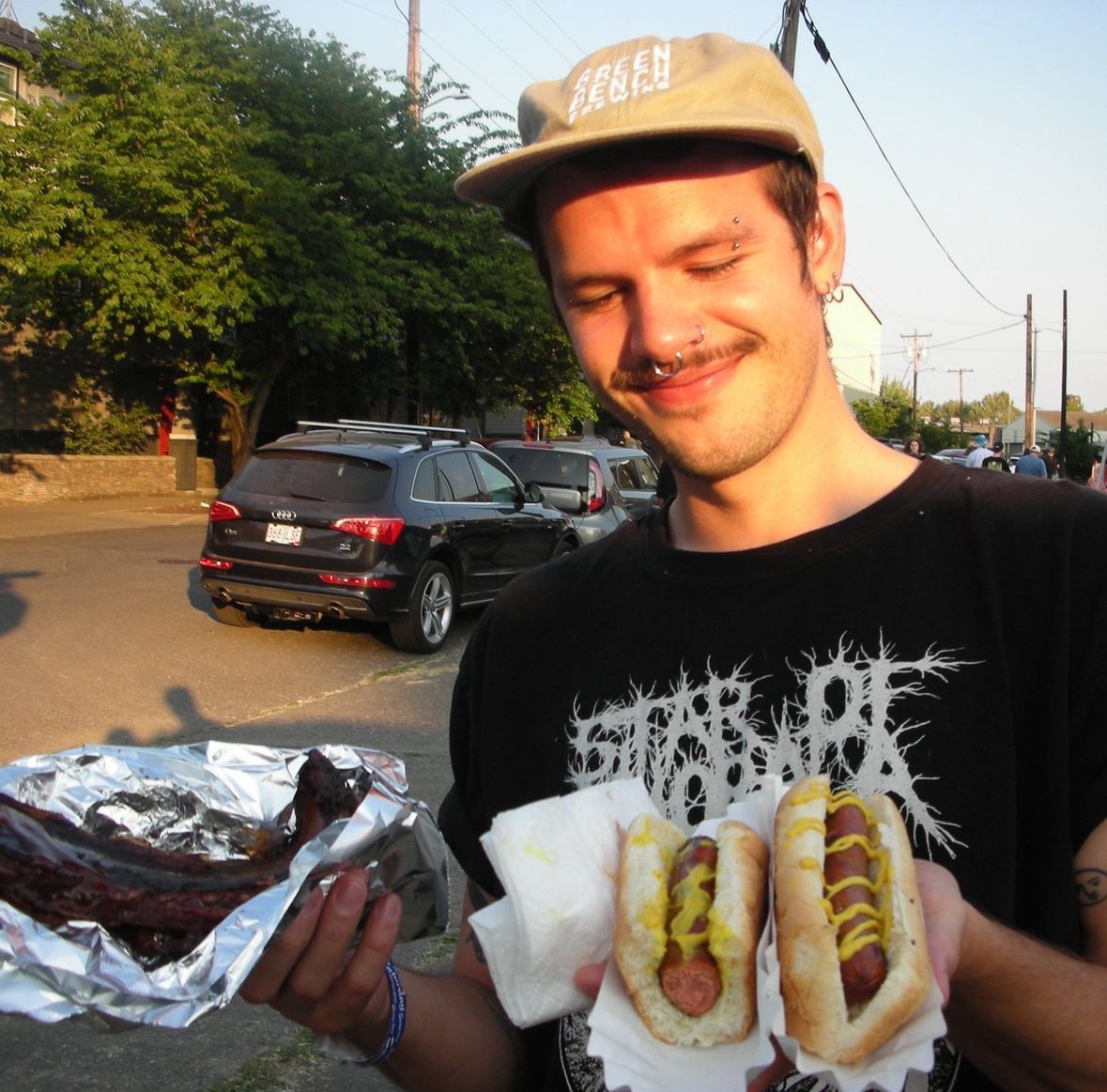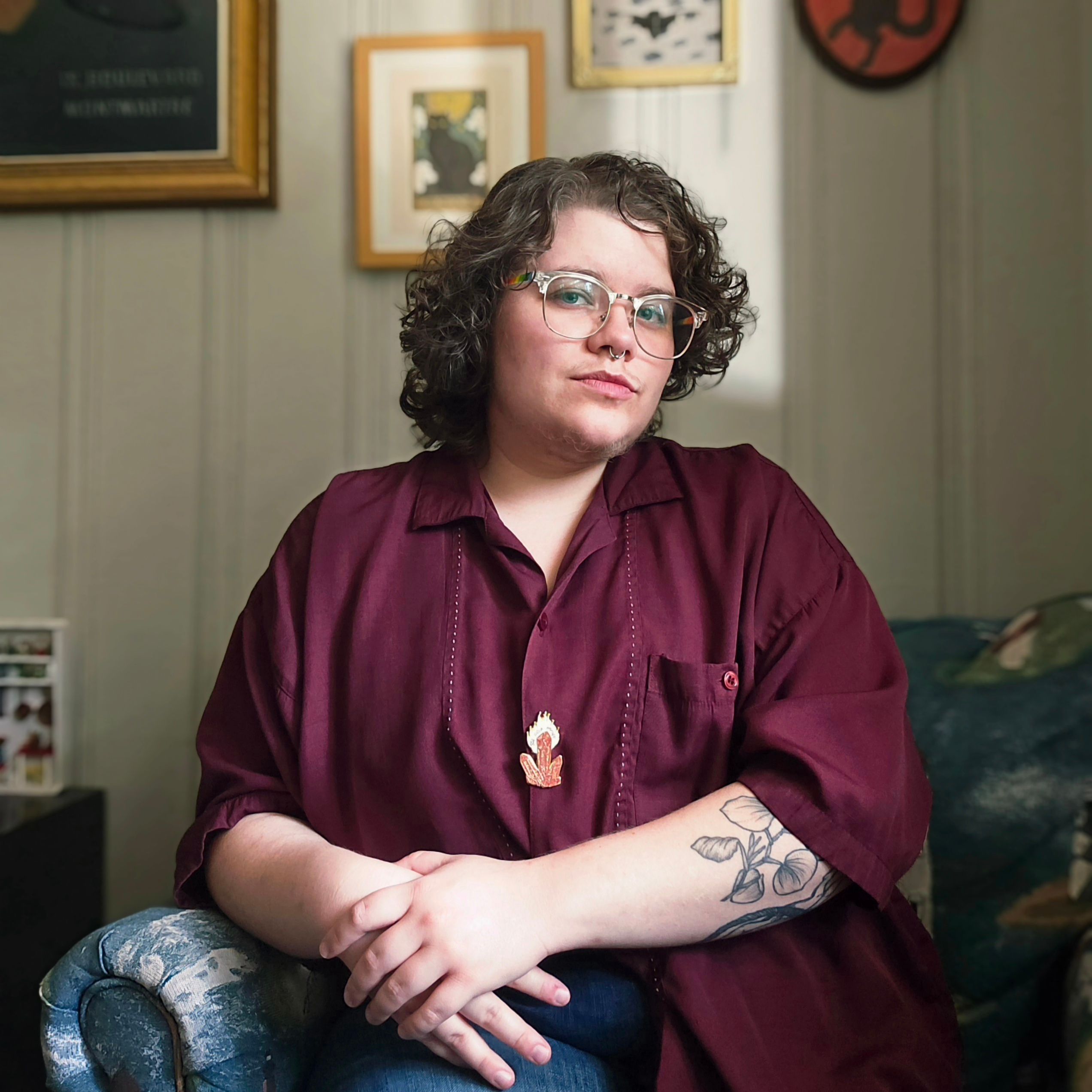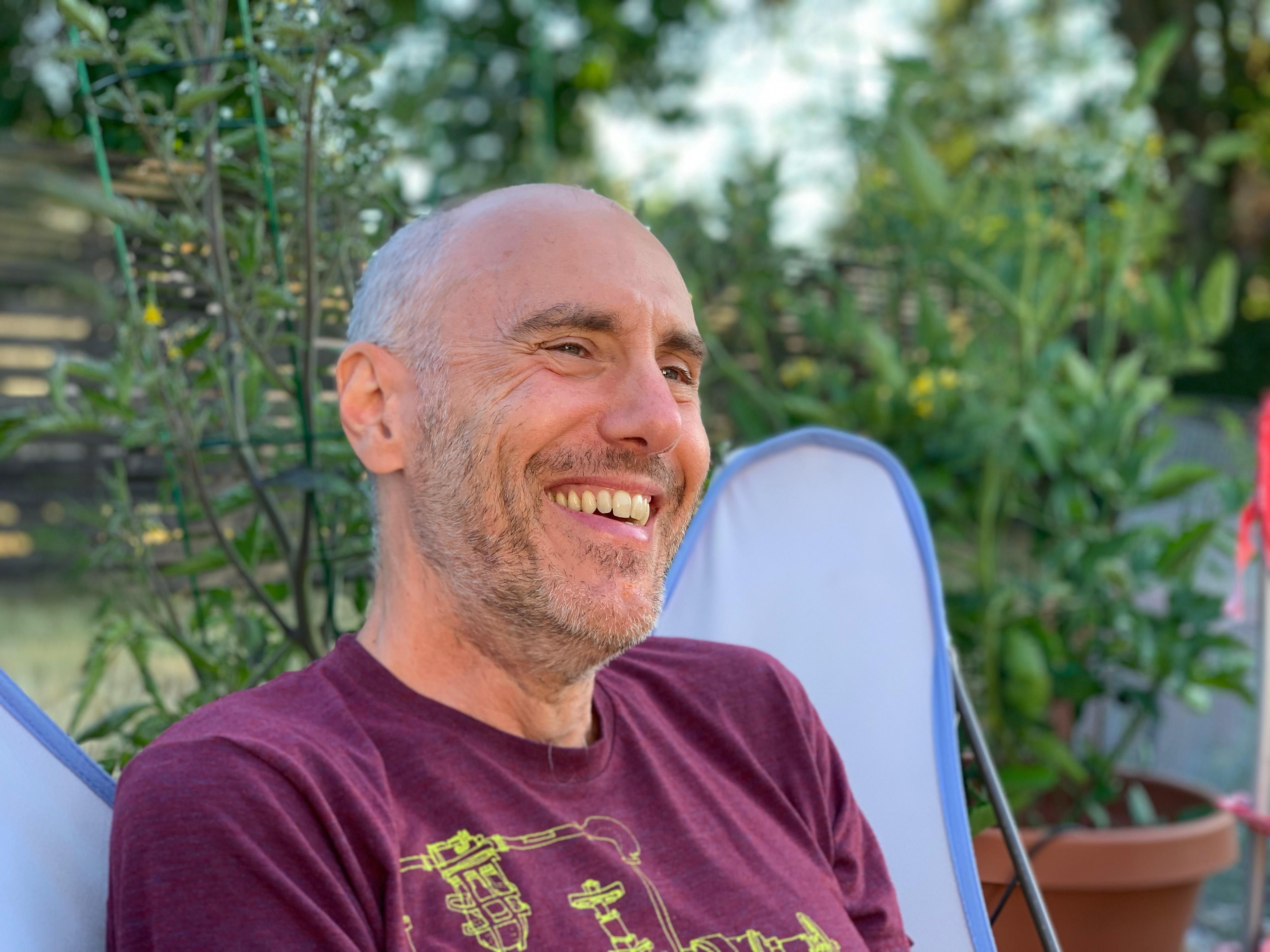Kristin Schultz: In Unshrunk, you challenge the disease model of mental illness. What are your hopes about the influence your book could have?
Laura Delano: I hope that my book makes people feel more human. That they will read it and come to understand that our mental, emotional, and spiritual struggles are not necessarily symptoms of faulty brain pathology. My book invites readers to question assumptions about their suffering, and to recognize that fear, angst, despair, grief, and anger can be meaningful responses to the world around us and become powerful catalysts for change.
We should never be sentenced to a singular story of who we are, especially when that story is placed on us by others, or in my case, by a formalized mental health system. I was told I had an incurable mental illness and would require medication forever. Walking away from that story, leaving behind my medication, and discovering who I was without clinical intervention took courage because I didn’t know what I would find on the other side.
Ultimately, I hope that readers of my book, who see something of themselves or someone they care about in its pages, will feel hopeful about what lies ahead. There’s so much possibility in front of us, and it starts with stepping back to question who you are, what your suffering means, and what you need to do about it.
KS: Did you ever have any trepidation at being so vocal about your perspective of the mental health industry?
LD: I did. I knew that once I spoke about my experiences publicly – my time on psych wards, my overdose, et cetera– it meant closing the door on various professional paths that necessitate zero so-called “mental health history.” But it was worth it for me. I had to try to make sense of what happened to me. This required looking back, excavating my medical history, and investigating the well-meaning doctors, therapists, and institutions that had come to define who I was and what my experiences meant. And so, I began writing a blog, trying to piece together what happened. I knew as I was writing it that my views would run afoul of many in the mental health industry, because I was challenging many assumptions about the experiences our society calls mental illness. Pretty much from the jump, my views have made many people uncomfortable, even as I acknowledge that many people benefit from medications. I completely understand this response – sixteen years ago, I would have been uncomfortable with the message I now carry.
When I started writing my book, I knew I would encounter more resistance, but I had to forge ahead because I wanted to take what I'd learned from my experiences and turn it into a resource that might help others. I am far from the only one who’s come to realize psychiatric medications aren’t always the answer to emotional pain.
KS: You have outlined how traditional talk therapy was ineffective for you in spite of having access to the best care. Do you think there is a more effective way to meet the needs of people who are struggling?
LD: A medicalized self-understanding may feel helpful for some people, but it shouldn’t be the only option available. There should be other ways to make sense of oneself– ways that frame struggle as a response to social, economic, political, or environmental circumstances, as something that happens in the context of our lives, not merely as the result of faulty brain pathology. And we need to expand our understanding of what constitutes “help.” For some, that might be turning to a professional, but many have found that turning to others who’ve “been there” for guidance and support (a la mutual aid models like the 12 steps) can be just as helpful. We need to think beyond the traditional, psychiatric/pharmaceutical approach when it comes to meeting the needs of people who are struggling. A majority of mental health professionals would agree that there should be more options on offer.
In my case, I was an angry, despairing, self-injuring teenage girl, and my parents didn’t know how to help me. So, they did what many loving American parents are taught to do: they sought professional help from the best-in-care providers. They sent me to a psychiatrist, where I received a diagnosis of bipolar disorder. I was put on meds immediately and told I would need to stay on them for the rest of my life.
In retrospect, I didn’t need to be diagnosed and treated–what I needed instead was connection with other young people who were struggling. But because I didn’t see anyone else talking about painful questions about self, and meaning, and purpose, and belonging, I assumed I was the only one, and that something was wrong with me– my parents did, as well. Things have changed a lot over the past thirty years with concerted (and, often, industry-funded) efforts at mental health awareness and anti-stigma campaigns, but more often than not, these kinds of efforts end up sending the message that emotional and mental struggles are medical issues requiring medical solutions– that they’re “symptoms” of “disease.”
In my case, there was nothing wrong with me. I was not sick. I was waking up to the things that didn't make sense at home, school, and in the broader culture around me. If that had been a conversation, perhaps with an older kid or an especially empathetic and non-pathologizing adult who felt comfortable opening up to me about their challenges, I think I would have been able to stay curious about this pain and figure out what it was trying to tell me. But because I didn't see that message anywhere, nor did my parents, being diagnosed and pharmaceuticalized seemed like the only solution.
KS: You spoke of your level of privilege—wealth, connections, a supportive family, and the ability to go to hospitals known for the best care, such as McLean Hospital and New York Presbyterian Hospital. Do you see a way out for those without privilege: those with no resources, for example, individuals in state hospitals or with no family support?
LD: You’re exactly right. In a sense, I was one of the lucky ones. I had the support of my family and the resources to get what was known as the “best” care possible.
At the same time, because of this, my parents and I believed what we were being told about what I needed and what my prospects were for the future. (We were seeing the best of the best, after all, so who were we to question what we were being told?) So, in that sense, my privilege also kept me stuck.
One of the downsides of having such a monolithic mental health industry is that care and support often get linked to diagnosis for people who don’t have the socioeconomic resources that I had access to. In other words, if you’re poor and struggling mentally or emotionally, your basic needs (housing, for example) may well get linked to your diagnosis, because to get a housing voucher, you need to prove that you’re psychiatrically disabled. But is something wrong with you as an individual? Or are you struggling because you’ve been through a horrible trauma, or you’ve lost your job, or you’re finding it nearly impossible to keep a roof over your head in this day and age as a single parent with kids? A psychiatric diagnosis shouldn’t be the gateway to getting help addressing these life issues, yet it often is.
A mental health professional shouldn’t be the gatekeeper to meeting our basic needs. Our local communities should be getting the resources that instead go into fueling the massive industry of mental health.
Rates of suffering in our society are higher than ever; at the same time, more people are getting mental health treatment. Something’s not right here. I believe that all people deserve to have their basic needs met and to get respectful, compassionate care and support when needed. If the goal is to get as many people as possible diagnosed and medicated indefinitely, then I guess you could say our current mental health system is working. But people deserve care and resources that aren’t strictly medicalized and pharmaceuticalized.
KS: How are your efforts to educate patients through your book and support with deprescribing impacting the broader psychiatric community?
LD: The good news is that many psychiatrists have been in touch with me since the publication of my book. They recognize my experience is not unique, and that other patients may be candidates for tapering or deprescribing. They view our work at Inner Compass Initiative as complementary to their efforts. Tapering, or deprescribing, requires care and community, as well as mutual support from other individuals who have tapered off themselves. There has been an explosion of withdrawal communities over the past decade. People are coming to understand that not all pain requires medication–psychiatrists, included. I know I speak for my colleagues at ICI when I say that we’re eager to partner with mental health professionals and help their patients find safe off-ramps from medications they no longer wish to take.









